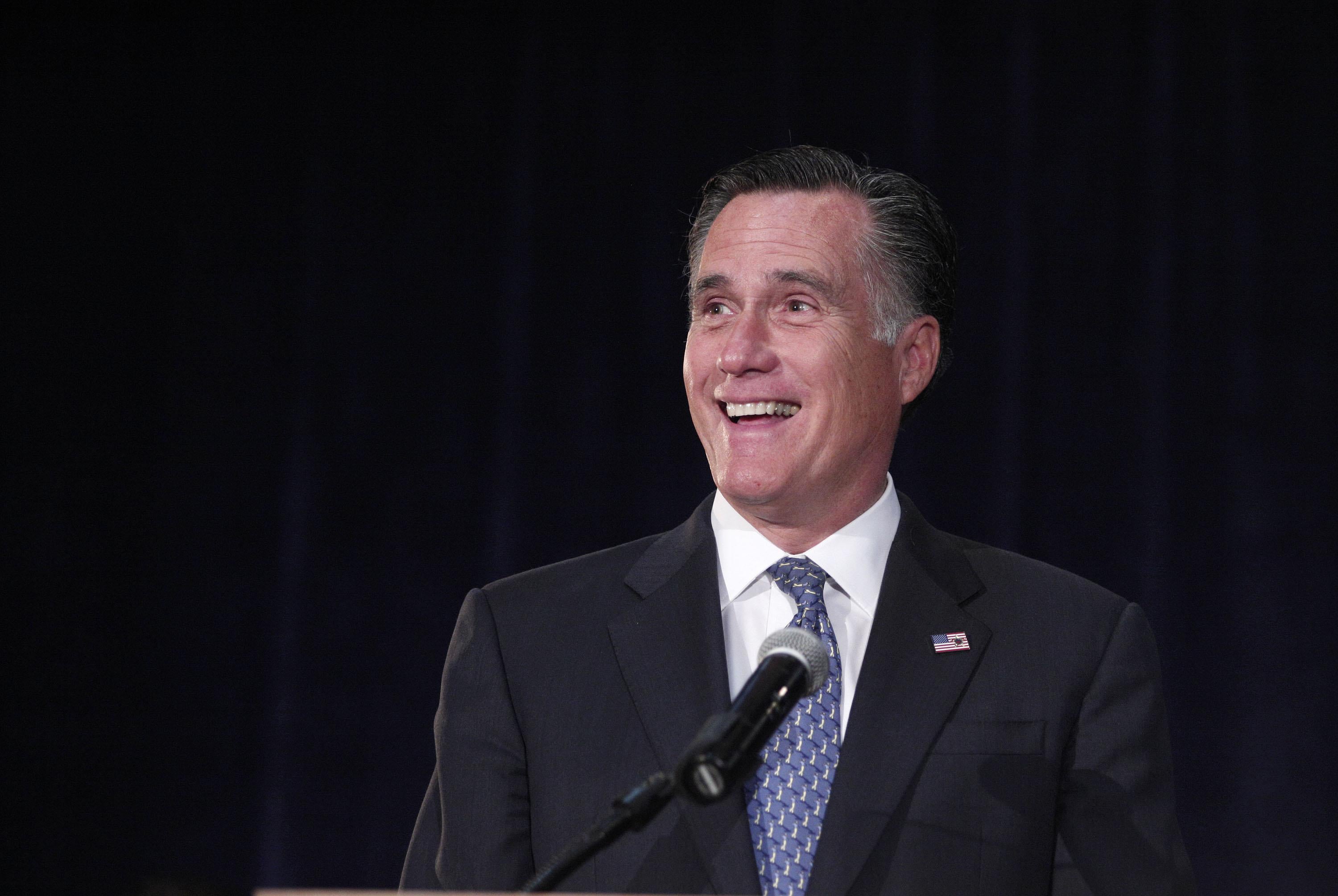Last June, John P. Dehlin was given the option of resigning from the Church of Jesus Christ of Latter-day Saints or facing a disciplinary council. Now, Dehlin—founder of the well-known website and podcast Mormon Stories, which frequently discusses controversial topics within Mormonism—said his regional church leader scheduled a hearing for Jan. 25, and that if he didn’t take down podcasts that are critical of the church and disavow his support for the organization Ordain Women as well as gay marriage, he would likely be excommunicated.
Dehlin’s podcast is, in the site’s words, “dedicated to exploring, celebrating, and challenging Mormon culture in constructive ways.” It essentially serves as an ongoing conversation for many of those who may doubt aspects of their belief, providing a rare space in Mormonism—if you’re a Mormon, you’re either a card-carrying one (literally: you have a card called a temple recommend) or you can’t participate in some of the religion’s most sacred ceremonies.
Which is part of the reason that Dehlin’s situation, and its role in the history of Mormon excommunication, is drawing comparisons to the famed September Six. In 2012, David Haglund profiled Michael Quinn, one of the six, for Slate, giving context to the excommunications.
Dubbed the “September Six,” the group were mostly left-leaning writers and scholars who had published articles or given talks about the role of women in Mormonism and the way the church’s leaders handle dissent. … “There are three areas where members of the church, influenced by social and political unrest, are being caught up and led away,” declared Boyd K. Packer, one of the church’s Twelve Apostles, in May 1993. These “dangers,” Packer said, were the “relatively new” feminist and “gay-lesbian” movements, and “the ever-present challenge from the so-called scholars or intellectuals.”
Of course, that hasn’t stopped these three issues from growing in prominence—they’re the three main reasons many believe Dehlin is facing excommunication. (It’s worth noting that the church doesn’t typically comment on disciplinary procedures, which makes it hard to get the whole story surrounding Dehlin.) In addition, this past year saw the excommunication of Kate Kelly, the founder of Ordain Women, a group that’s asking Mormon church leaders to consider the ordination of women and to take the matter to the Lord in prayer—a process that could bring women into the priesthood in a way similar to how black men, who were previously barred from it, were in 1978 allowed in.
In an essay for Slate from December about the end of the “Mormon Moment,” Kristine Haglund argued that increased attention toward Mormonism—aided by presidential hopeful Mitt Romney and leading to explanations of things like Mormon garments—actually had little effect on how the outside world perceives the church, and had more influence within Mormon culture. In particular, Haglund said, it helped shine a light on voices that may typically have been on the outskirts of the faith: feminists, LGBTQ members, and those questioning parts of their beliefs. Small changes regarding the role of women in the church were recently made, so that, for instance, women can now keep teaching LDS seminary classes even if they have children at home, and a woman led the prayer at a general session of the faith’s semiannual conferences—its most important religious gathering—for the first time. While Haglund acknowledges in her essay that these may seem like minor things, Mormon feminists have been fighting for such things unsuccessfully for years.
Which makes the situation seem like a Catch-22: The only way to effect change is to get the media involved, but if you get the media involved, you may face excommunication. As Kristine Haglund wrote, “Neither Dehlin nor Kelly was disciplined for expressing new ideas; instead, they faced opprobrium for expressing those ideas directly to outsiders.”
After Dehlin’s announcement, I followed up with Kristine over email and she reiterated this point: “John’s membership is threatened much more by the reach of his social media activities than by the content of his opinions. He’s not publicizing any new information or making arguments that many others have not already made publicly. There are many members who are supportive of gay rights and women’s ordination who remain in good standing as participants in the Mormon church.”
Adding another level of irony, Dehlin’s disciplinary council is getting a lot of press—the New York Times even sent out a news alert on Thursday. With all this media attention, it would seem that, as Cadence Woodland wrote in an op-ed in the Times last July, Mormonism is being given “the chance that many religious institutions desperately need to stay relevant in the 21st century: the opportunity to open itself to criticism and inquiry.” Instead, they’re opting for excommunication.
